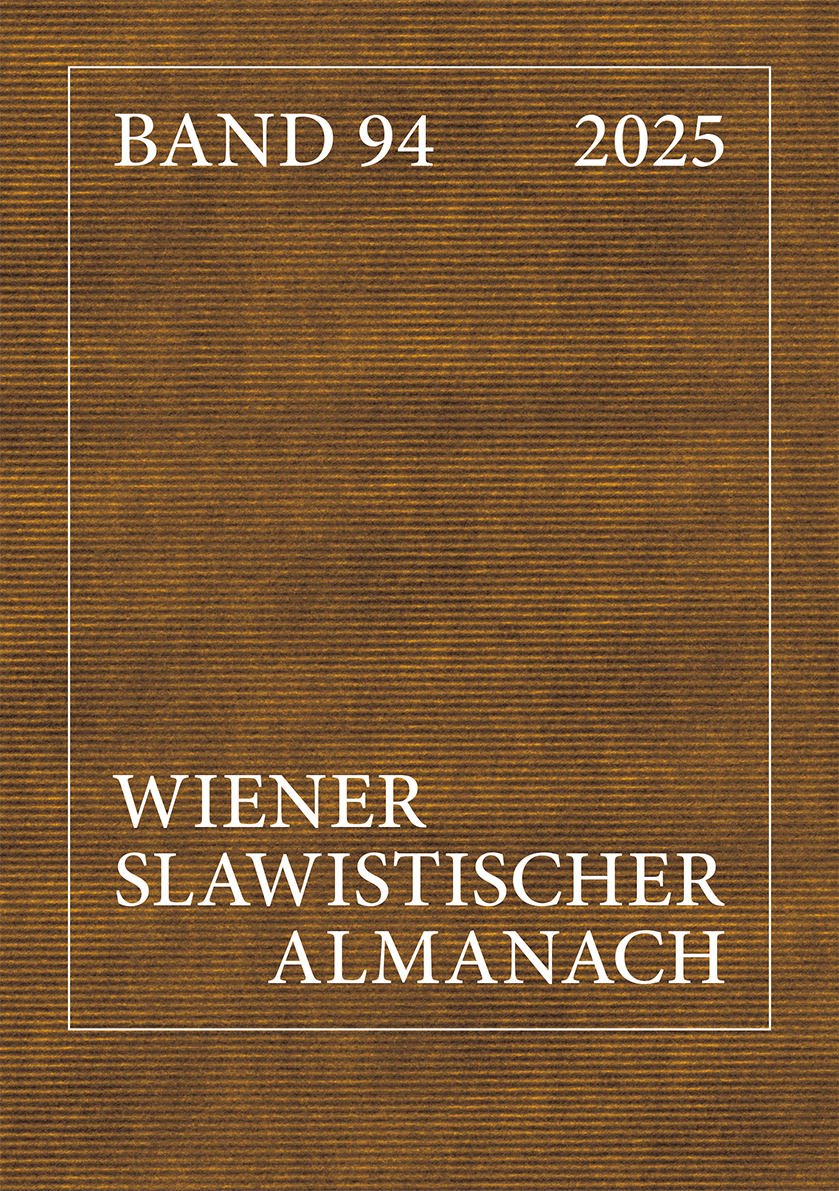Die Zeilen zwischen uns. Oder was Poesie von der Zeit hält
Veröffentlicht am 08.08.2025
Schlagwörter
- poetry,
- war,
- world literature,
- violence,
- memory
Abstract
The following text is an opening speech written for a conference at the University of Potsdam, “Poetry in a Violent Present”, and it poses the following questions, among others: why does literature still remain important for humanity? How can philosophical texts be helpful in this regard? What is the empathic power of poetry? The author gives examples from the Iliad and the Older Edda, as well as from other national epics connected to war and heroisation. She talks about possible dangers that collective identity can lead to, such as polarisation and antagonism, depending on how certain identities are valued in certain societies at certain times. The other aspect considered in the text is the role of literature under dictatorial regimes. As far as the aim of dictatorships is to tear the social fabric between individuals and to isolate people, literature that unites people and gives the feeling of belonging is considered harmful and often censored or banned under such regimes. The examples from Japanese literature (Basho, Ibaragi, Murakami), as well as from current literary conferences and discussions complement the perspective and prove that regardless of century or geographical location, one can always hear the voice of poetry.
Zitationsvorschlag
Copyright (c) 2025 Volha Hapeyeva (Autor/in)

Dieses Werk steht unter der Lizenz Creative Commons Namensnennung 4.0 International.

